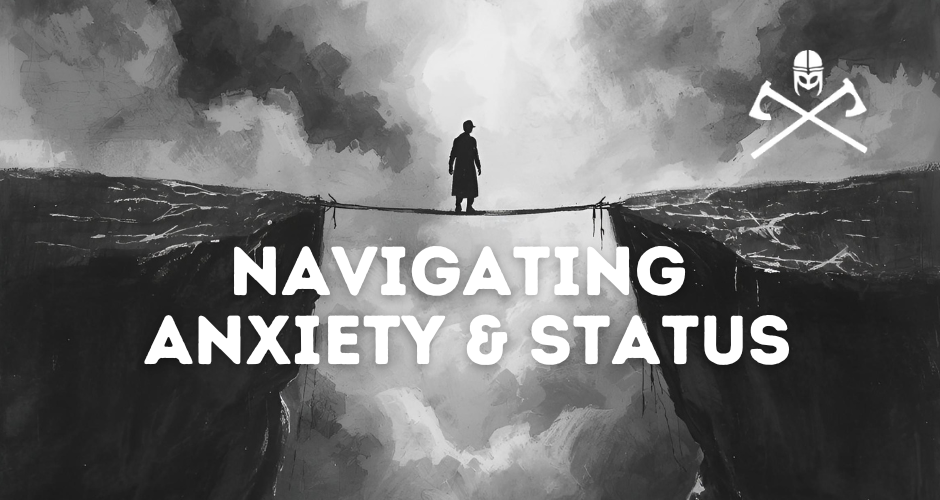
by Gene Crawford | Dec 1, 2025 | Podcast
This episode dives deep into the hidden link between anxiety and status obsession, drawing from martial arts culture, personal stories, and a revealing Men’s Health article. We explore how fear, aggression, and substance abuse often mask insecurity, especially in sparring environments. Through the lens of martial arts training, stoic philosophy, and 25 years of gym leadership, we offer strategies for facing anxiety with purpose, not ego. From bullying scars to business stress, we show how energy, preparation, and authenticity can transform fear into strength. This is your guide to embracing discomfort, fostering accountability, and rejecting performative masculinity.
(more…)
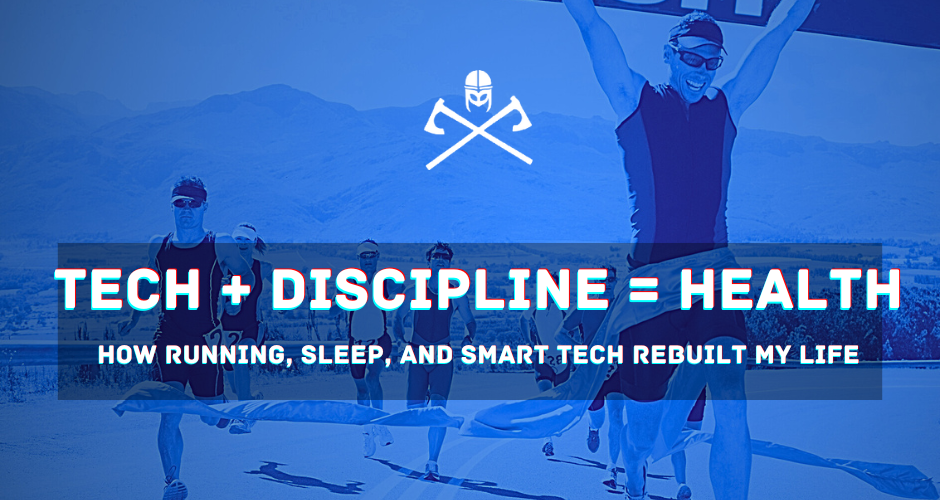
by Gene Crawford | Sep 29, 2025 | Podcast
What happens when a health scare rewrites your entire life story? In this heartfelt episode, Carl shares how a commitment to better habits, less alcohol, more sleep, regular exercise, intersected with smart technology to spark a full-body transformation. From tracking sleep with the Oura ring to facing down a surprise heart diagnosis, he walks us through the highs, lows, and lessons. We explore the emotional power of running, journaling, and reconnecting with old friends, along with the modern tools that make us smarter, stronger patients. If you’re navigating anxiety, aging, or health uncertainty, this one’s for you.
(more…)
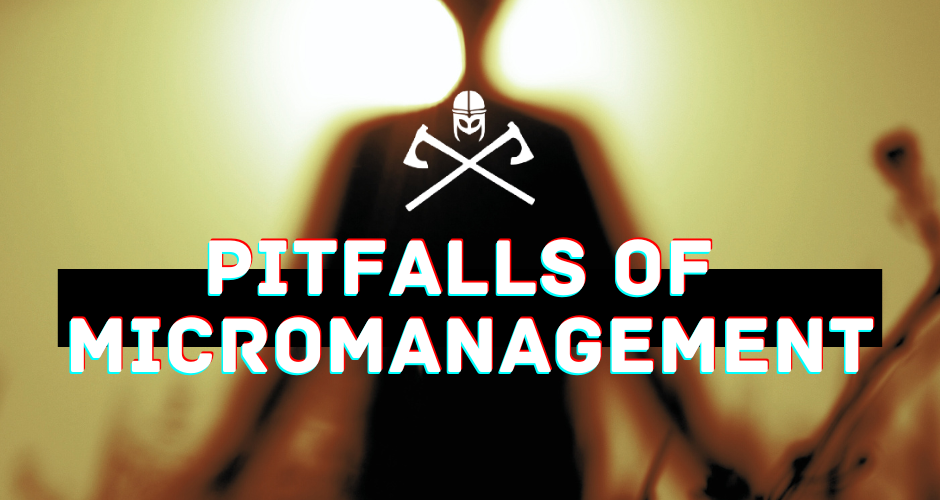
by Gene Crawford | Oct 7, 2024 | Podcast
Join us as we explore micromanagement in leadership, examining its causes, effects, and how to handle it. We question whether micromanaging stems from a need for control, sharing personal stories that show how anxiety over performance and pressure from higher management can contribute. We discuss its negative impact on creativity and respect, with examples from project management where excessive oversight hurt productivity. Through relatable scenarios like home remodeling,
we reflect on leadership, trust, and lessons from Jocko Willink’s Echelon Front, debating if trust must be earned from micromanaging leaders. We also consider the practicality of decentralized leadership and the responsibility to not enable micromanagement, challenging the idea of overcompensating for a controlling boss. The episode highlights the importance of communication, accountability, and trust, with personal stories emphasizing the benefits of autonomy and a trusting boss. We end with a humorous call for micromanagers to trust their teams—maybe even try a karate class to let go of control—and offer insights on improving leadership to create more respectful, effective work environments.
(more…)
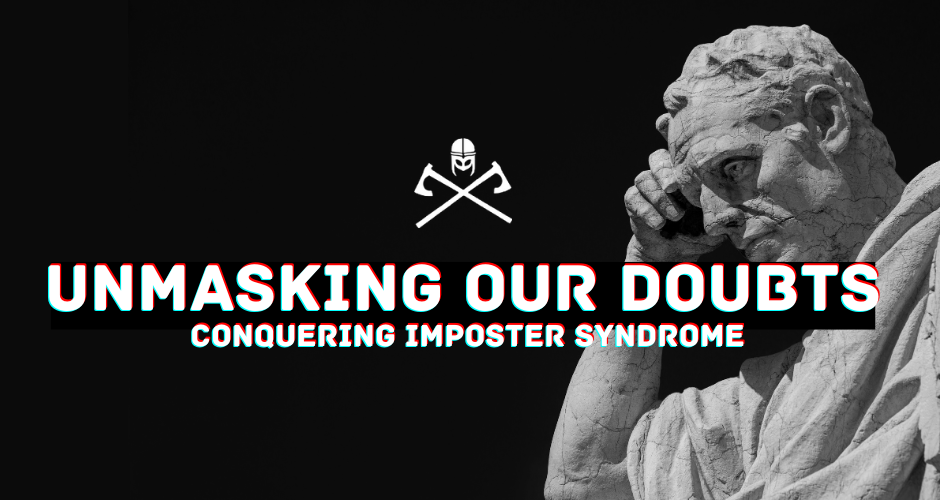
by Gene Crawford | Apr 29, 2024 | Podcast
Success is often clouded by self-doubt and the fear of being exposed as an imposter. In this latest episode Greg and I discuss overcoming these fears through authenticity and vulnerability.
We share our experiences with imposter syndrome and discuss the impact of societal pressures and curated social media. We offer insights from our backgrounds in business, martial arts, real estate, providing strategies to help you fight self-doubt.
We examine the role of external validation and emphasize the importance of internal metrics, highlighting Gary Vaynerchuk’s and Dr. Sean Pastuch’s insights. We define imposter syndrome and its various types, using personal stories to illustrate our journey through self-acceptance.
One significant takeaway is the struggle with pricing our worth. We discuss how the tension between commercial success and artistic integrity can fuel imposter feelings, especially when it comes to pricing and negotiation. We stress the importance of valuing one’s work and charging what one is truly worth.
Remember, imposter syndrome doesn’t define you. It’s a shared experience, and by confronting it with honesty and courage, we can all emerge victorious.
(more…)
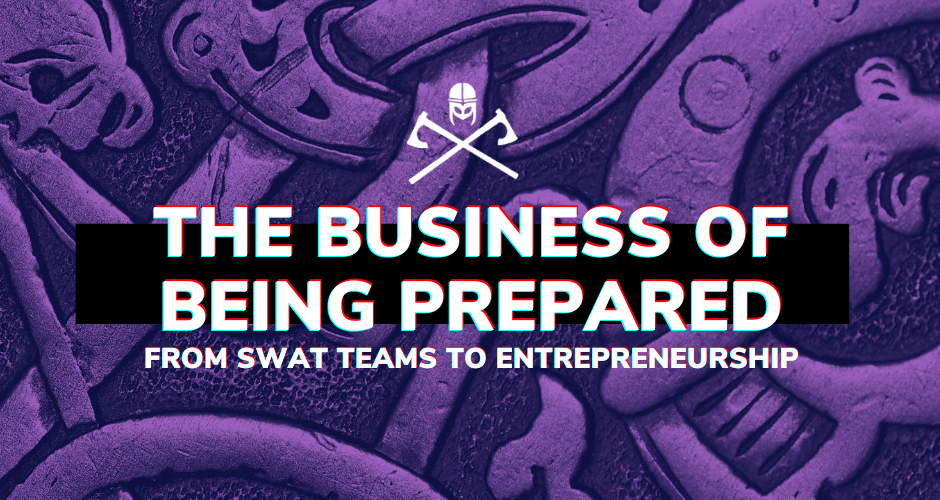
by Gene Crawford | Aug 13, 2023 | Podcast
In this episode with guest Darren Norris we delve into the world of self-care, entrepreneurship, and dig into his vast experiences in law enforcement and SWAT teams. We underline the importance of rigorous training, the fulfillment acquired from imparting life-saving skills, and the significance of investing in oneself for success.
From sharing valuable insights on first aid and rescue training to recounting fascinating encounters in the film industry, this conversation is brimming with a mix of wit, wisdom, and warmth. Tune in and join us on this journey of survival, success, and celebrating the little moments that make life worthwhile.
(more…)





